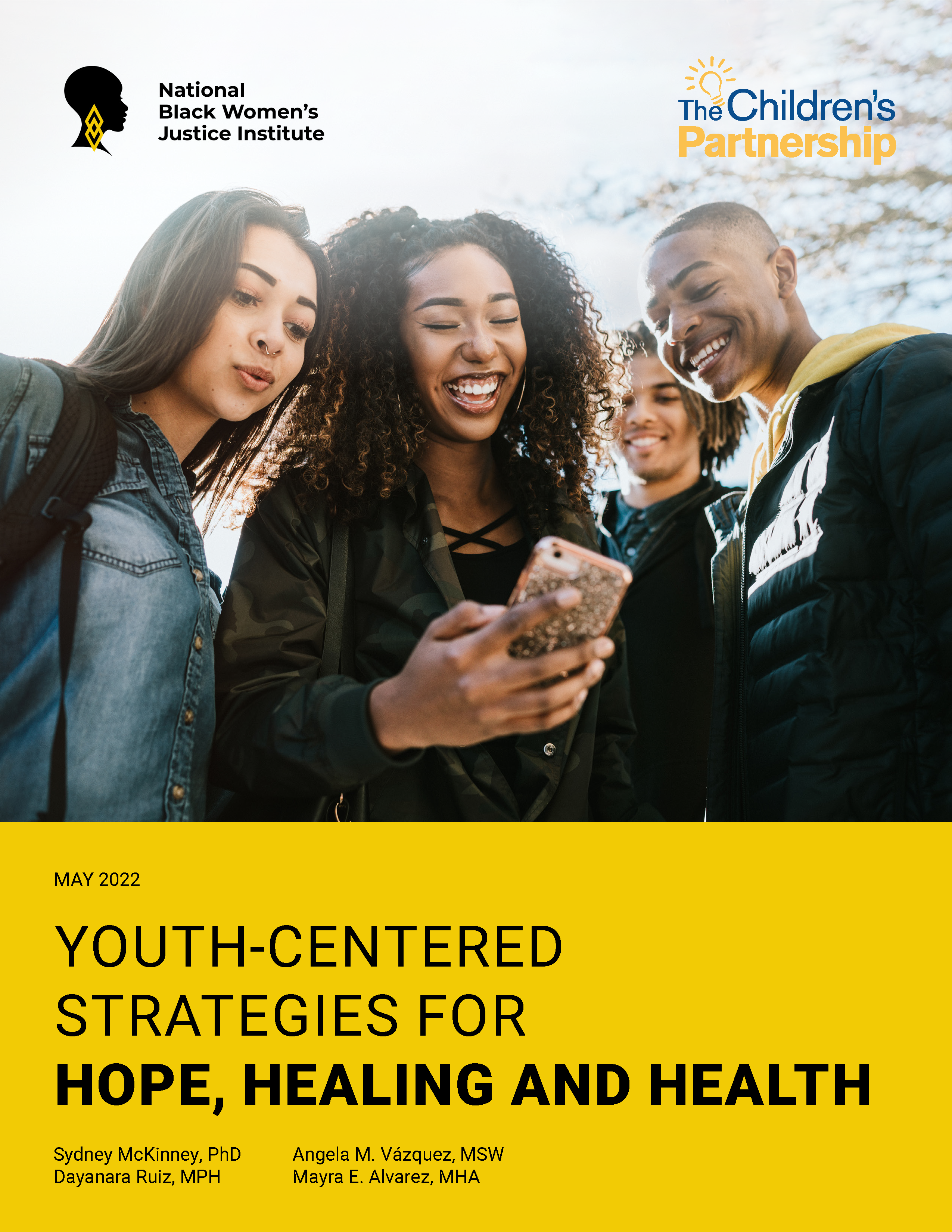In the spring and summer of 2020, youth in the United States experienced a cascade of community trauma and stressors. The global COVID-19 pandemic swept through communities of color at alarming and disproportionate rates compared to white communities. The ensuing school closures, social isolation and dramatically reduced access to services and care, combined with the overall threat of the virus and the collective and individual grief over loved ones who died from COVID-19, have produced alarming mental health trends for young people. The public health crisis also coincides with horrific incidents of police brutality that have renewed momentum toward racial justice and healing in response to calls to action heard across the country. In light of the past year, with a devastating global pandemic and renewed momentum toward anti-racist policy solutions, the need for adequate, culturally responsive and gender affirming mental health needs is as apparent and urgent as ever.
In response to the historic and quickly escalating crisis of mental health for youth from marginalized communities, The Children’s Partnership (TCP) and the National Black Women’s Justice Institute (NBWJI) formed The Hope, Healing and Health Collective (H3 Collective), a youth-led policy council, with support and thought partnership from adult allies within policy, research and direct service and government, that developed a policy agenda to build the capacity of youth-serving systems to provide effective and compassionate care to young people and their communities.
The report, Youth-Centered Strategies for Hope, Healing and Health, sets forth actionable solutions that policymakers at the federal, state and local levels can implement to build a culturally-responsive and gender-affirming mental health care system for all youth, especially youth of color.

